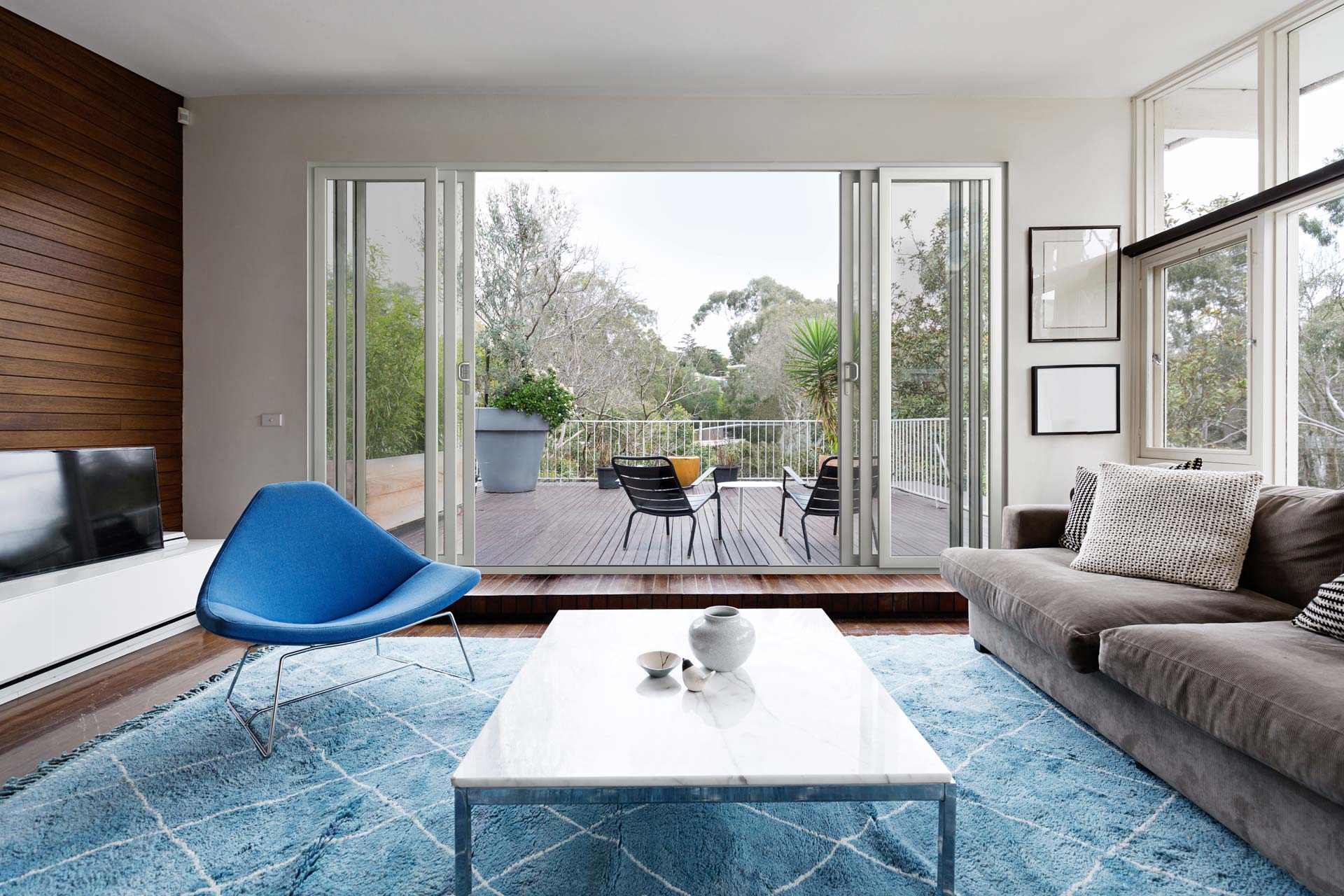Ever since uPVC gained enormous popularity in the 1980s, double glazing has been a typical feature in UK and European houses. UK houses had a reputation for being renowned heat leakers, and old wood systems were beginning to fail. Thermal efficiency was drastically declining, and energy costs were skyrocketing. In order to counter the trend and protect UK households from their exorbitant energy expenses, uPVC and double glazing emerged on the scene. Homes now face comparable difficulties as a result of certain global events that have occurred over the last couple of years, therefore it is more crucial than ever to understand what double glazing is and how it can make your home more energy efficient.
Double glazing, as its name suggests, is the use of two panes of glass in a single installation that are separated by an air pocket. This air pocket is either maintained in a vacuum or filled with argon or another thermally insulating gas.
Heating Effectiveness
Thermal energy may easily escape from a single-glazed window via the glass or the frame that surrounds the installation. A single glass pane will experience a significant amount of cooling when cold air from the outside comes into contact with it. The one glass pane will also come into contact with the warm air within the home, but as there is infinitely more cold air outside than warm air inside, the cold air will always prevail. As a consequence, any warm air in the house soon cools, and if you want to maintain a comfortable environment, you must continually use energy.
You avoid any possible problems with heat leakage by offering a window installation with two panes of glass separated by a thermal insulating gas. The layer of gas prevents the cold air that is coming into touch with the outer pane from coming into contact with the warmer inner pane. If the layer of gas is not a thermal conductor, like argon, which is the most often utilised gas for a double-glazed window, then the thermal energy cannot move between the panes from the inside to the outside. Although the improvement in thermal efficiency is outstanding, it is not quite 100% thermally efficient since this is virtually technically impossible.
Thermal efficiency is expressed in terms of W/m2K and is quantified in U-values. The U-value gauges a system's capacity to transfer heat from one location to another. Therefore, when comparing double glazing from various installers, you should opt for the installation with the lowest U-value since this will demonstrate that the system conducts heat poorly, indicating that it insulates heat well. Today, the government has put in place a number of laws to guarantee that all window fitters provide a minimum level of thermal efficiency. Your home's thermal efficiency should be acceptable as long as you get a certified installation.
Noise cancellation
Similar techniques are used by double glazing to reduce noise in the house. Similar to how heat flows through the air, sound also travels through the air as an energy form, producing vibrations that are detected by our ears.
Sound ultimately passes through thick things like walls, doors, and windows as it moves through the air. The static molecules in these things absorb the vibrations when sound passes through them; the denser the item, the greater the amount of absorption occurs. The thing is still vibrating, but now at a considerably slower pace. Because of this, if you place your ear to a door, you can hear what is happening inside pretty well; yet, if you move away from the door, your hearing significantly diminishes.
The additional layer of defence prevents sound waves from entering at an unmanageable volume, just as having two panes of glass prevents heat energy from moving from the outside to the inside. Most double-glazing systems include a laminate layer on the interior of the inner glass, which serves as additional window thickness. It gives the installation more solidity and aids in sound absorption when sound waves travel through the glass, shielding your house from outside noise.
Double Glazing from Ecovue
Double glazing is a contemporary invention that will eventually be standard in all Australian houses. The property is protected from heat seeping by the double-glazed panels and the air pocket they produce between one another. The system's sound barrier and insulation work together to keep outside noise out and inside noise in while maintaining privacy.
It's quite simple to get started on your quotation with us right now. To get yours started right away, just utilise the quote engine and adhere to the step-by-step instructions. If you have any queries, you can reach us via our online contact form. We look forward to hearing from you!













